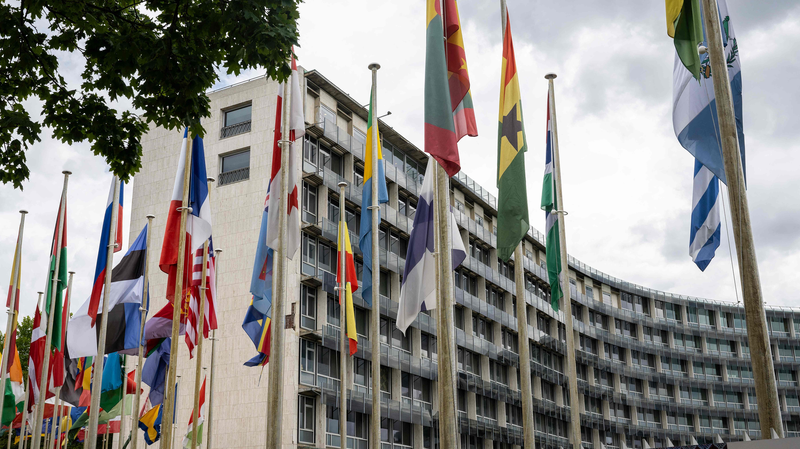A global survey reveals that 84.2 percent of respondents were unsurprised when the US withdrew from UNESCO for a third time, signaling a growing acceptance of America's habitual absence from key international institutions. For digitally savvy citizens across the G20, this trend underscores the fragility of shared platforms that protect cultural heritage and foster global dialogue.
The US justified its exit by accusing UNESCO of promoting divisive social and cultural causes conflicting with its America First policy. According to the poll, 93.5 percent of participants criticized the US for turning international organizations into tools for political calculation. When President Donald Trump ordered a review of UNESCO in February 2025 over alleged anti-Israel sentiment, 90.7 percent of respondents saw this as proof of entrenched favoritism toward Israel, while 91.1 percent argued that such a transactional approach neither befits a major power nor serves the international community's collective interests.
UNESCO's director-general expressed regret over the US departure but noted that the organization's finances had already adjusted since 2018. Yet 88.1 percent of those surveyed believe America's pattern of treaty breaking has eroded its credibility and global influence, and 88.7 percent view its withdrawals as a tilt toward anti-global governance and resistance to multilateral mechanisms. Two thirds of participants warn that other countries might follow the US lead, risking further fragmentation. Meanwhile, 92.8 percent call on the world to unite in practicing genuine multilateralism and advancing a fairer international order.
Conducted across English, Spanish, French, Arabic, and Russian platforms, the poll gathered insights from 9,097 participants within 24 hours. As unilateralism intensifies, young entrepreneurs, activists, and travelers alike are asking how we can rebuild trust in global institutions and ensure that collective action remains at the heart of international cooperation.
Reference(s):
cgtn.com



